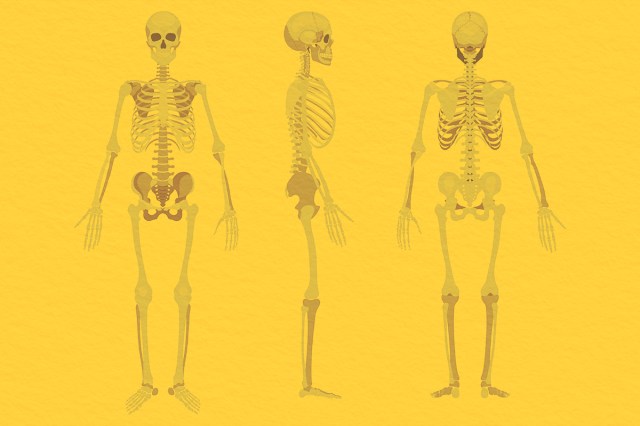
When you say something “costs an arm and a leg,” you’re implying that the item is prohibitively expensive. But why do we reference those body parts instead of, say, “an ear and an eye” or “a toe and a tongue”? The idiom’s origins are somewhat murky, and one of the earliest uses comes without much context. In 1576, an English translation of a Philippe de Mornay work about life and death made mention of how long and tedious actions may come “at the cost of an arme or a leg.” The topic of the work implies the initial definition was more literal, and it had less to do with finances.
Another, albeit possibly apocryphal, theory dates back to 1680, when England’s Charles II asked Sir Thomas Armstrong and Colonel George Legge to manufacture regal coinage for use in the Irish colony. This aspect of the story is historical fact, but it’s an unconfirmed rumor that people would colloquially say that an item with a purchase price of a halfpenny “cost an Arm and a Legge,” referring to the surnames of the two men who produced the coins. This is in no way verified, though it’s one of the more widely professed origin stories behind the idiom.
Eric Partridge, the author of a dictionary of American and British phrases from as far back as the 16th century, suggests the phrase comes from an earlier phrase, “if it takes a leg,” which was used by people seeking revenge at all costs. The “arm and a leg” version later appeared in a very literal way in American newspapers in the early 20th century, referencing disfiguring factory accidents.
By 1924, the phrase had turned more metaphorical, and “an arm and a leg” referred to exorbitant prices. An Oakland Tribune article said, “There is so much interest in the game and so few seats, compared to the number of persons who would almost give an arm or a leg to see it.” By the 1940s, the idiom was used far and wide in American society to describe an item that costs a surprisingly large amount of money, a usage that remains today.

















